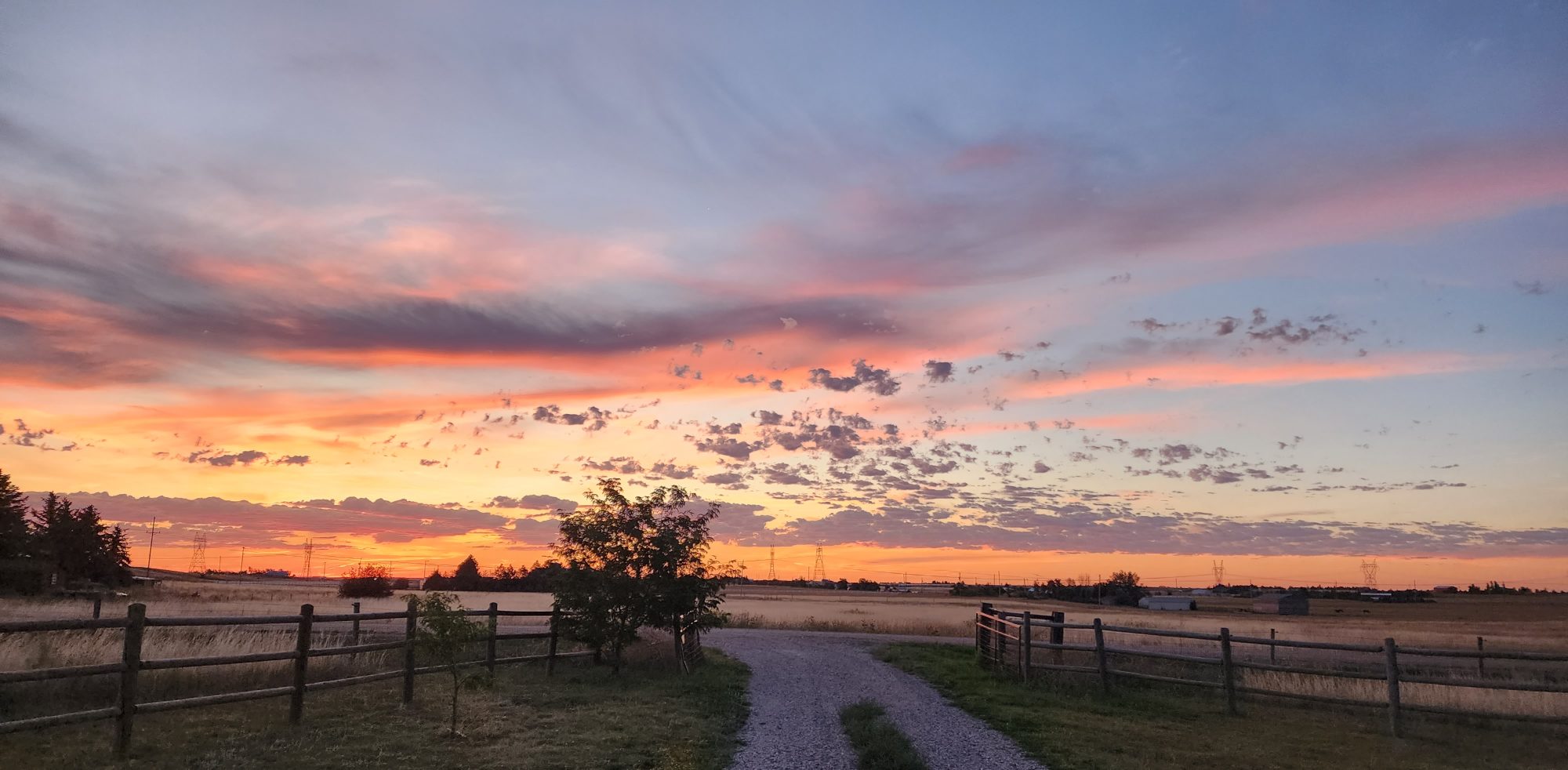I have been promising to update you all on my curriculum choices and I finally got it all ordered. I had to wait until after we moved so I wouldn’t miss anything.
Disclaimer: I haven’t tried any of this. It’s merely a product of my months of research. Later in the school year, I will post individual reviews after we have tried it for a few months.
Math: Singapore Math Level 1A & B and Level 2A & B Plus, I bought the Home Instructor’s Teaching Manual and the first set of tests. I’m unsure if I will use the tests but wanted to have them on-hand in case I do.
Grammar: Shurley Grammar Homeschool Level 1 & 2
Writing: Institute for Excellence in Writing (IEW) Teacher/Student Combo Pack Level A
Writing with Ease: Strong Fundamentals by Susan Wise Bauer
Handwriting: Getty-Dubai Italic Handwriting Book B, C, & D
Spelling: The Writing and Spelling Road to Reading and Writing Teacher’s Edition Level II
This is put out by the Riggs Institute (a little company out of South Dakota) and I love them! I love everything about their program. I did Level I with my oldest and my youngest will be doing Level I this year but everything they do is superb in my opinion. I credit them with my kids’ ability to spell and read so well.
History: Story of the World Volume 1: Ancient Times and the accompanying Activity Workbook by Susan Wise Bauer. I skipped the Test book and will in the future as I feel my kids should be tested on more important subjects such as math and grammar. Plus, I intend to have my kids do memory work from History, which will be test enough.
Science: Building Foundations of Scientific Understanding (BFSU) K-2
Of all my orders, this is the one I’m taking the biggest chance on. I’m not sure how it will work but we’re going to give it a try.
We are also doing a Nature and Weather Journal this year.
Foreign Language: Rosetta Stone Spanish (Latin America) Homeschool Edition
Song School Latin
Song School Greek
Bible/Religious Studies: Foundations 1: Preparation for Christ by Anne Elliott
Art: Artistic Pursuits
Music: The Gift of Music by Jane Stuart Smith and Betty Carlson
Guitar Lessons
Memory Work: Select Poems and Historical References
Supplemental Material:
The Well-Trained Mind: A Guide to Classical Education at Home by Susan Wise Bauer and Jessie Wise
I love this book. This is the book I first bought when I was considering homeschooling. This book does a great job of laying the case of Classical Education. What I don’t like about it is now that my kids are in 1st and 2nd grade, I think Susan underestimates the capabilities and abilities of students. I read about what kids their age used to have to do in the mid-1800’s and this is peanuts in comparison.
I just finished perusing Susan’s Writing with Ease: Strong Fundaments, which I bought as I couldn’t figure out what I wanted to do for writing. I like the idea of narration, copy work, and dictation but I think it’s unnecessary to do that alone. I think you need to do this in addition to something else (hence why I bought IEW). Further, I think she spends way too many weeks on doing it. All my opinion, of course.
Map Trek: The Complete Collection by Terri Johnson
What Your Third Grader Needs to Know by E D Hirsch, Jr.
This is the Core Knowledge Sequence, which I’m a fan of. It’s a good reference book for where your child should be. It has great history sections (although not in Chronological Order. It’s all covered. It just jumps around–something I’m not a fan of). I also have the Kindergarten, 1st, and 2nd Grade Editions of these which I used a lot in my previous homeschool year.
Student Atlas: I ordered a student Atlas but it was cancelled by Amazon (couldn’t get it). I have a globe and I think I will be doing enough as it. I think the historical maps but the study of a continent a month will be sufficient for now.
Handbook of Nature Study by Anna Comstock
Keeping a Nature Journal by Clare Walker Leslie
The Kingfisher History Encyclopedia
The Usborne Internet-Linked Encyclopedia of the Ancient World
Final Advice About Choosing Curriculum: It’s funny because I went into this having an idea of what I wanted to use and then once I started delving into it, I changed virtually all of my orders/decisions.
It’s hard ordering curriculum sight unseen but “you do your best and forget the rest” as Tony Horton says.
Due to the increase in competition in homeschool curriculum, I would say there are a lot of good choices out there. I would first choose your overall philosophy (classical, biblically-based, unschooling, unit studies, etc) and then go from there. I think you will find there are amazing choices out there and choosing which one is the hardest part!
Good luck and happy schooling!
Like this:
Like Loading...
